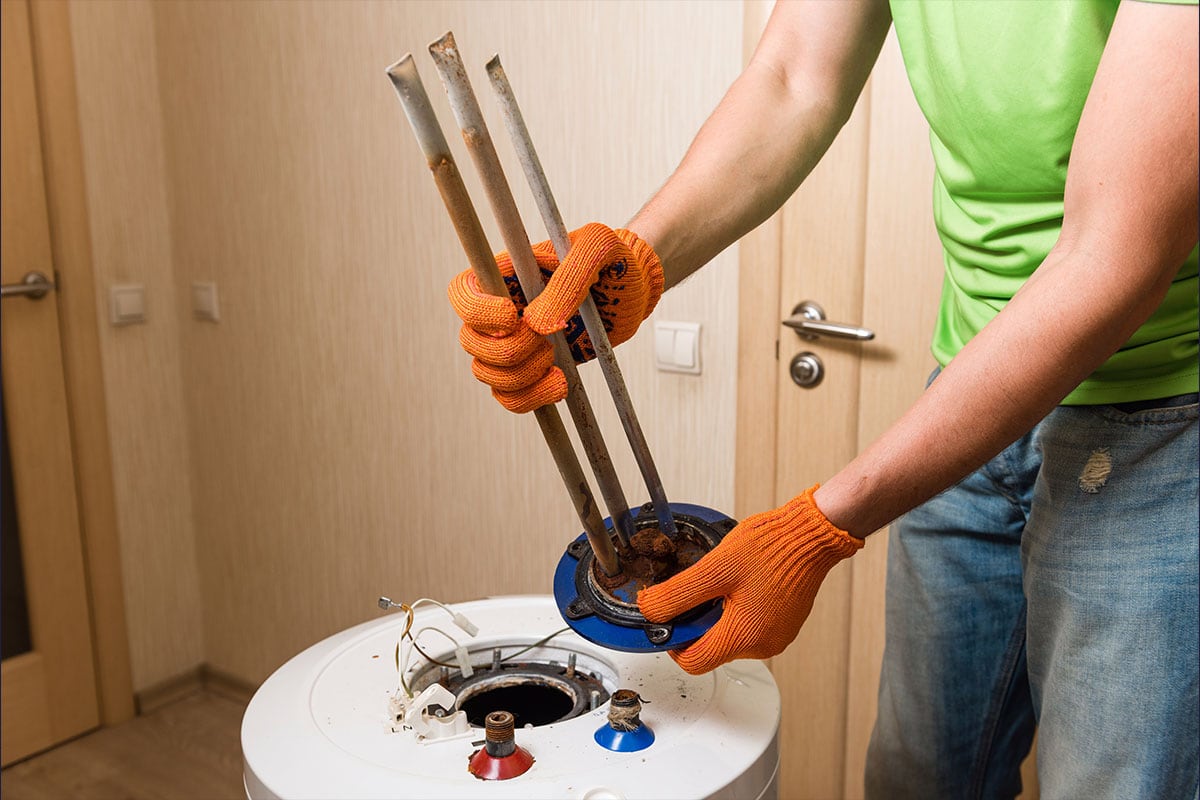"Physical Water Softeners - Do They Work?" this is a question that appears more and more often on discussion forums concerning sanitary installations. In theory, such devices should be an ideal solution for every home, but practice shows that this is not always the case. In this article, I will try to explain exactly why physical water softeners may not work as we would expect.
Physical water softeners - what are they?
Physical water softeners, often referred to as salt-free softeners, are devices that do not use an ion exchange process to reduce water hardness. Instead of salt, they use various technologies, such as magnetic, electronic or electrochemical polarization, aimed at changing the crystal structure of calcium and magnesium in water. The theory behind this is that hard minerals are converted into a form that is incapable of forming scale deposits. Sounds perfect, right?
Physical water softeners - theory and practice
The theory of how physical water softeners work is extremely attractive. Imagine a device that does not require constant replenishment of salt, does not generate brine impurities, and at the same time effectively prevents the formation of scale. Sounds like every homeowner's dream, right? Unfortunately, as the old adage goes, if something sounds too good to be true, it probably is.
On paper, physical water softeners sound great, but how do they work in practice? The results are much less clear-cut. Many studies suggest that the effectiveness of these devices is low, and some tests have shown no noticeable effect in reducing water hardness. This is often due to the fact that the effect of magnetization or electrification of water is short-lived and does not last long. In addition, these devices are usually not able to cope with very hard water.
Physical water softeners in industry
Does this mean that physical water softeners are completely useless? Not necessarily. Although they are not recommended for homes, they can find their application in some industries. The use of physical water softeners in industry is much more complicated and depends on the specific requirements of the system. They can work more effectively in larger systems where the water flow is much higher and the processes are monitored by specialists.
Alternatives to physical water softeners
Given the low effectiveness of physical water softeners in homes, it is worth considering alternatives. Traditional water softeners, operating on the principle of ion exchange, although they require the use of salt to regenerate the bed, are definitely more effective in the fight against hard water. In addition, softeners are now available that use modern technologies that minimize the consumption of salt and water during the regeneration process.
Do physical water softeners work?
Physical water softeners are devices that in theory may seem like the perfect solution to the problem of hard water. Unfortunately, practice shows that their efficiency, especially at home, is definitely lower than that of traditional water softeners. It is possible that in industry, where conditions are more controlled and specific, they can find their place. However, for most homes, traditional ion-exchange water softeners are still the most effective solution.



